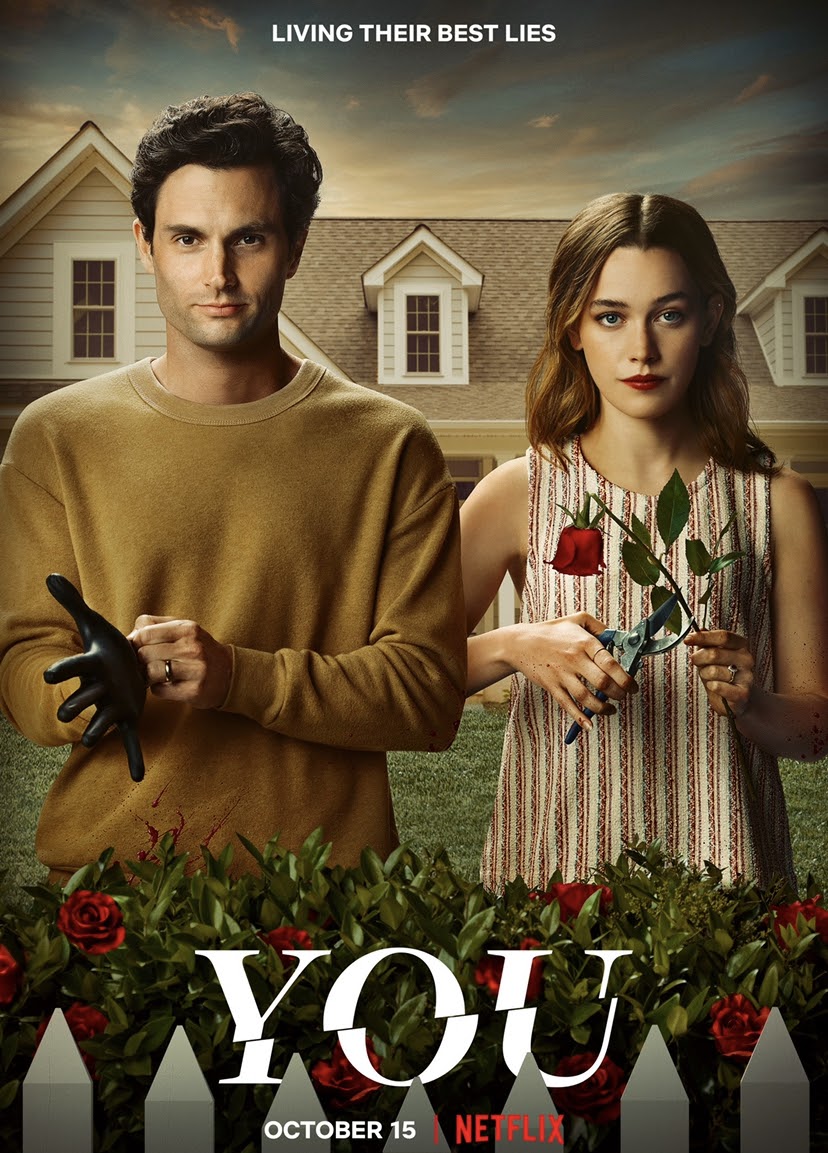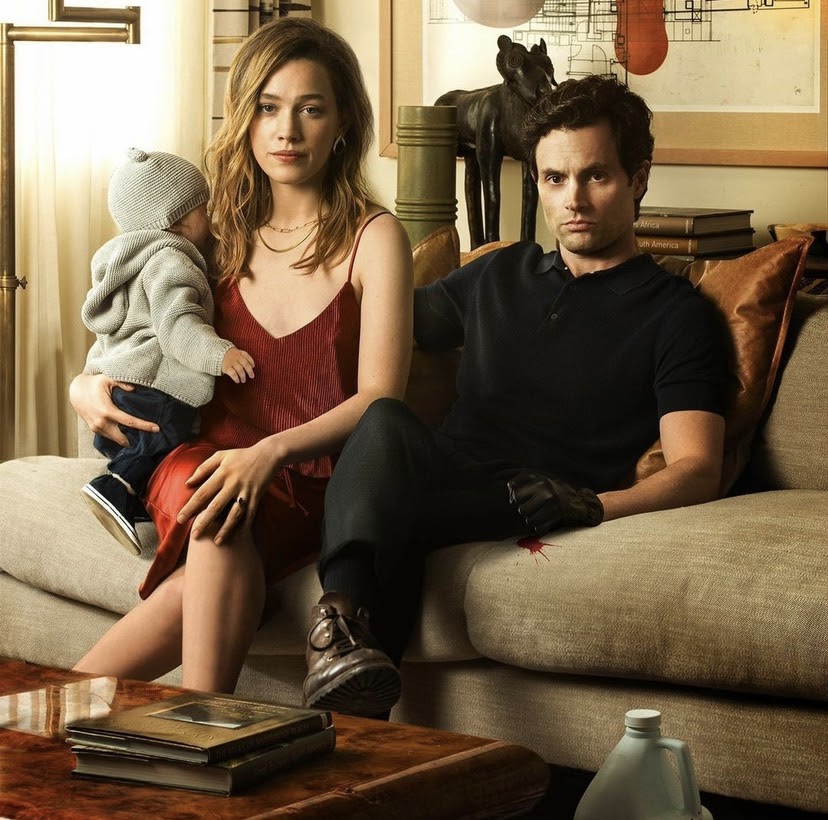The Owl House: A Children’s Show with a Bisexual, Hispanic Lead!
In ‘The Owl House’ protagonist Luz Noceda stumbles across a portal to another dimension where magic exists, called The Boiling Isles.
I would not say so. That isn’t to say it was God awful or anything of the sort, but it did feel like a bit of a chore to get through, more so than previous entries. But, as I am somewhat of a completionist, I eventually saw the season through to the end. A big factor of what made the season a hard watch was its repetitiveness. From Joe (Penn Badgley) and Love (Victoria Pedretti) making constant poor decisions, Theo (Dylan Arnold) not being able to take a hint, Joe’s flashbacks to childhood, and more…it feels so monotonous. Especially with the example of the flashbacks! I kept thinking “alright already, we get it!” whenever they came on in an episode. They didn’t have to omit them altogether but I feel like the point the narrative was trying to convey could’ve done it with significantly less of them. At one point it became comical how frequently they appeared—it could be turned into a drinking game! Actually, that could be said about a lot of the repetitive scenes in You season three! At the very least, that would make them less exhausting to sit through. To a lesser extent, another issue is the dialogue. This isn’t specific to this season of You—it’s present in all installments. It’s often hit or miss, and usually comes off as inorganic and not subtle. It’s hard to imagine real people speaking in such a way.

I was caught off guard by Natalie’s (Michaela McManus) death early on in the season! I welcomed the challenge to my expectations in that regard, so the writers earned points there. Besides that, what good there was felt short lived. The stuff with Joe and Love was interesting! It was a new dynamic that really stirred up the status quo! When they worked together as a team—although their actions are beyond awful—they are devilishly compelling. It’s nice while it lasts, but the majority of the season they’re at each other’s throats or cheating. I wouldn’t mind if there were some bumps in the road in the relationship, but to the extent they had it felt unfitting. Logically, I felt as though their pairing made perfect sense! They’re both conniving and murderous! I could understand for Joe to be off put at first, but to be turned off completely from Love seemed unreasonable—if anything I anticipated that side of her to further fuel his infatuation.
Unfortunately, by the end of season three it felt like a reset button was hit as if we went back to square one of the first season. Love is dead, their baby Henry is out of the picture, and Joe is back in a big metropolitan city stalking his love interest. I’m sure these things will likely be referenced again in further episodes/seasons (I will be very surprised if Henry doesn’t come back into play) but as it stands, I feel as though they shoved everything new and interesting to the side to return to formulaicness.

I will say something: I was pleasantly surprised with the more active role a person of color had in the overall storyline. You is not devoid of people of color before season three, but they typically took a back seat to Joe and whoever his current love interest is. They’re basically glorified background characters often utilized as “problems” for Joe to “solve”. Take for instance, his saving of Paco (Luca Padovan) and his mother Claudia (Victoria Cartagena) or Delilah and Ellie Alves, only existing in the story for the lead to rescue. In ways it plays into the whole “white savior” trope in that regard. That element is present to an extent with Joe’s dynamic with Marienne (Tati Gabrielle)—in the sense he’s largely pulling the strings in secretly solving her problems. However, Marienne stands enough on her own as a character separate from Joe. She’s a former addict, an illustrator, clearly a loving mother—she feels more like her own three dimensional person rather than a plot device. I was delighted when I realized the arc was shifting to give her a prominent, stronger presence! If I’m excited for anything in the eventual release of You season four, It’ll be to see more Marienne!
As an overall rating, I give You season three 2.5/5 stars. It felt boring and repetitive throughout a lot of the episodes. Not only that, but it’s really frustrating that seemingly by the end of the season all the consequences of continuity were out the window, feeling as though almost everything the show had built up to that point was for nothing.
As an Incluvie rating, I give You season three 4/5 stars! The presence of a person of color finally became more interwoven in the narrative, and that at least was a refreshing change—and she ended up being the most likable character of the whole seasonal entry, dare I even say the entire series at large!
Related lists created by the same author
In ‘The Owl House’ protagonist Luz Noceda stumbles across a portal to another dimension where magic exists, called The Boiling Isles.
Related Movie / TV / List / Topic
Unfortunately, People We Meet on Vacation didn’t hold up quite as well as I’d hoped.